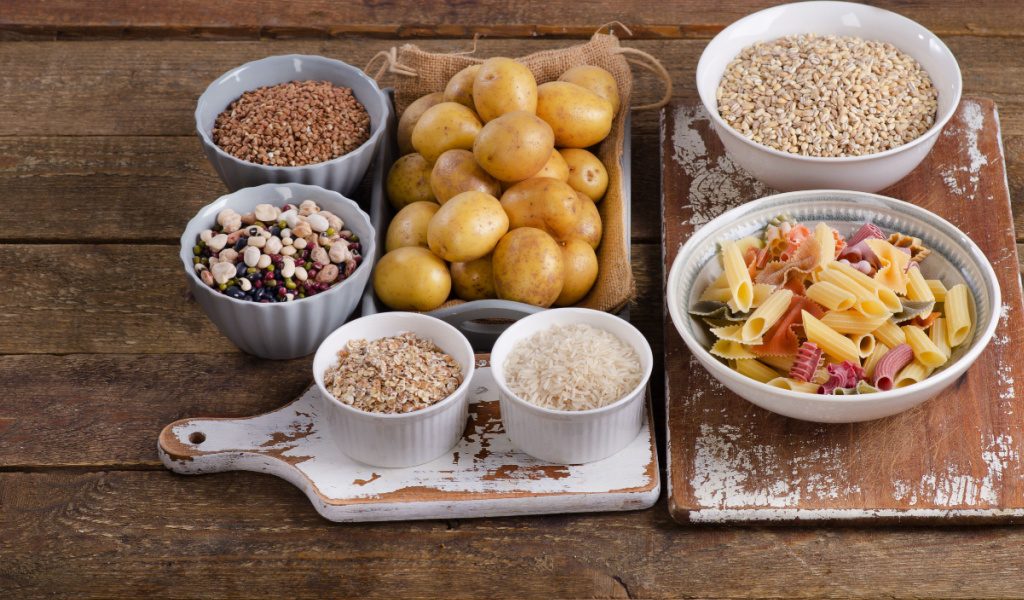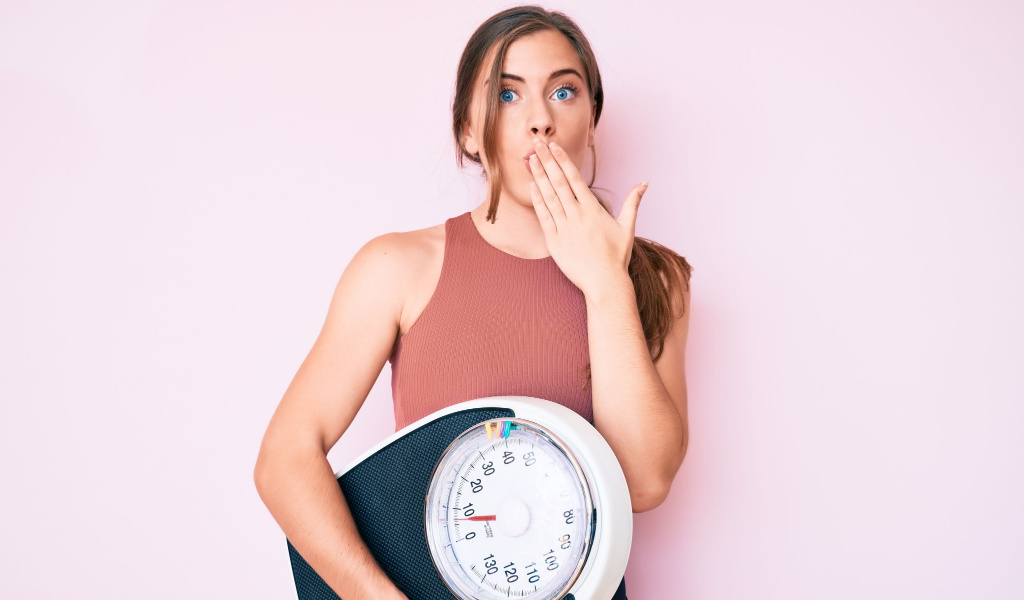Ah, the good old twenties when we looked our most fab! It’s hard to not find oneself longing for those days when cutting down on a few treats or hitting the gym a few times was enough to get rid of those pesky extra pounds. It seems that the older we get, the more frustrating losing weight becomes. But don’t worry – you are not alone. An average adult gains about two pounds a year and as we age, losing weight can become a struggle.
Why, though?
While there are plenty of factors at play, it’s interesting to note that as per new research, there is a process called ‘lipid turnover’. This is essentially how quickly our body gets rid of fat, and this gets progressively slower as we age. This explains why that stubborn body fat just doesn’t seem to budge as quickly as it once did.
Moreover, our hormones, metabolism, muscles, and other body systems tend to wane as we age. Here are some key factors that are to blame if your jeans feel tighter than they used to.

Age-Related Loss of Muscle
Our lean muscle starts declining by three to eight percent per decade after we hit 30 years of age. This is a process that is referred to as ‘Sarcopenia’. This may be further aggravated if you are less active, have age-related health conditions, or have suffered from an injury or surgery.
This loss of muscle matters a lot because lean muscles burn more calories than fat. Since most of us will continue eating the same amount, because of less muscle mass to burn those calories coupled with less activity, weight gain is inevitable over time.
Hormonal Changes
Middle age is the prime time for gaining extra pounds and this is largely due to the changes in hormone levels. Menopause in older women tends to happen between the ages of 45 and 55 and it causes a drop in estrogen. This encourages all that extra pounds to settle down around the belly, and this shift in fat storage will make weight gain a lot more acute too. This will also lead to other health conditions, such as heart disease, diabetes, high blood pressure, and high cholesterol. Even before menopause, there are fluctuations in estrogen levels which can affect mood, making it a lot harder to stick to a diet or workout plan.
As for men, testosterone levels tend to start dropping gradually around the age of 40. Since one of the roles of testosterone is regulating the fat distribution, lower testosterone can make the body less effective in burning fat.
Slower Metabolism
Metabolism is the process in which our calories are converted to energy. When you grow older, your metabolic rate tends to slow down. This is caused by a deterioration of muscle mass that comes with age, which creates a domino effect. With age, we tend to get less active and this slows down the calorie burn even further, which also affects one’s weight loss efforts.
Lifestyle Changes
Sometimes, we have to look beyond human biology. Weight gain in middle age can also happen due to major lifestyle changes, such as starting a family or taking on more responsibility at work. Let’s put it this way – the hours you spent in the gym are now dedicated to taking care of young children or handling more tasks at work. The older you get, the more you realize that you seem to have less time for yourself. And as a result, your diet and exercise may sit neglected on the sidelines.
Being More Occupied with Work
Middle age is when our careers are often in full swing. However, there is a downside to this because it may mean that there’s less day-to-day physical activity in your life. Since you’re more focused on work, you have less time to go out for a run. Since you’re always pressed for time, you’re more likely to grab a quick, unhealthy, calorie-dense snack. Add to this work-related stress, which only aggravates the problem. The stress hormone, cortisol, increases the levels of the hormone ghrelin in the body, which leads to feelings of increased hunger.

How to Lose Weight As You Grow Older
But it’s not all doom and gloom and you don’t have to resign yourself to the fact that you’re not going to lose weight as you age. Here are some science-backed ways to battle that bulge amidst your midlife crisis:
Take Control of Your Diet
- Start eating more healthier food. Incorporate more fruits and vegetables into your diet. It’s also good to cut down on processed foods and realign your eating habits by prioritizing whole foods. Since these are high-volume foods, they will make you feel fuller much faster so you can control your calories.
- Slowly start cutting back on your portions. A good place to start is by trimming down about 100 calories every day and taking it from there. Download a calorie-counting app so you can monitor your food intake. While this might sound like a tedious job, you’ll definitely notice drastic some changes!
- As tempting as it might be, do not skip meals. This will only mess up your metabolism, where your brain will end up telling your body to store those calories instead of burning them.
- Keep yourself well hydrated. It’s sometimes easy to confuse thirst for hunger, so be sure to drink a lot of water. In addition to revving up your metabolism, it also increases the breakdown of fat.
Get Physically Active
- Add strength training to your exercise routine. This will help greatly in preserving muscle mass which will help burn calories faster.
- Sneak in some aerobics whenever possible. Whether it’s biking, jogging, walking, or swimming, just half an hour of aerobic exercise every day is enough to your heart rate up is what you’re looking for.
Other Lifestyle Changes
- Take steps to handle stress. When you’re stressed, you are more likely to start stress eating. This is why it’s so important to identify ways to curb stress levels. This could be through short yoga sessions, deep meditation, or even taking a walk to get a breath of fresh air.
- Prioritize that beauty sleep. It’s incredible how beneficial a good night’s sleep can be. When you wake up energized, you’ll feel more active and this will help burn more calories!
Bottom Line
Sure, growing older makes it harder to lose weight, but this doesn’t mean it’s impossible. Your body changes with age and there’s no getting around that fact. However, if you start eating clean, exercising regularly, and de-stress, the effects of aging will be less severe. This will be an immense struggle and some days, you won’t find the motivation to continue, but remember that this is something worth fighting for. Just like anything worth it, there are no quick fixes, so you should focus on making small and sustainable changes.
Your health should be your priority as you grow older and a healthy weight is pivotal. At the end of the day, age is only just a number, and nothing should stop you from living a healthy life.



